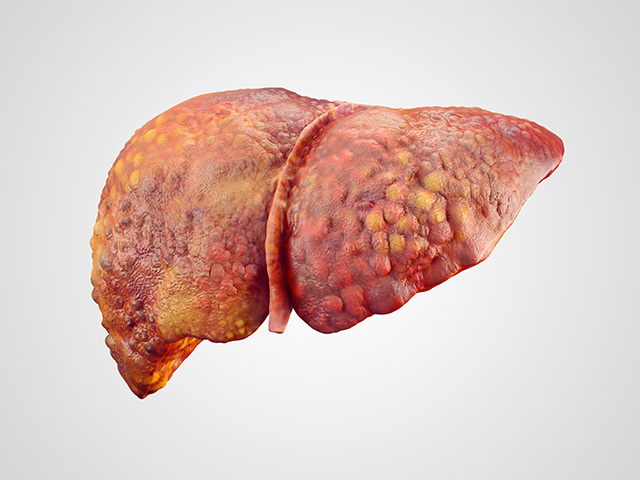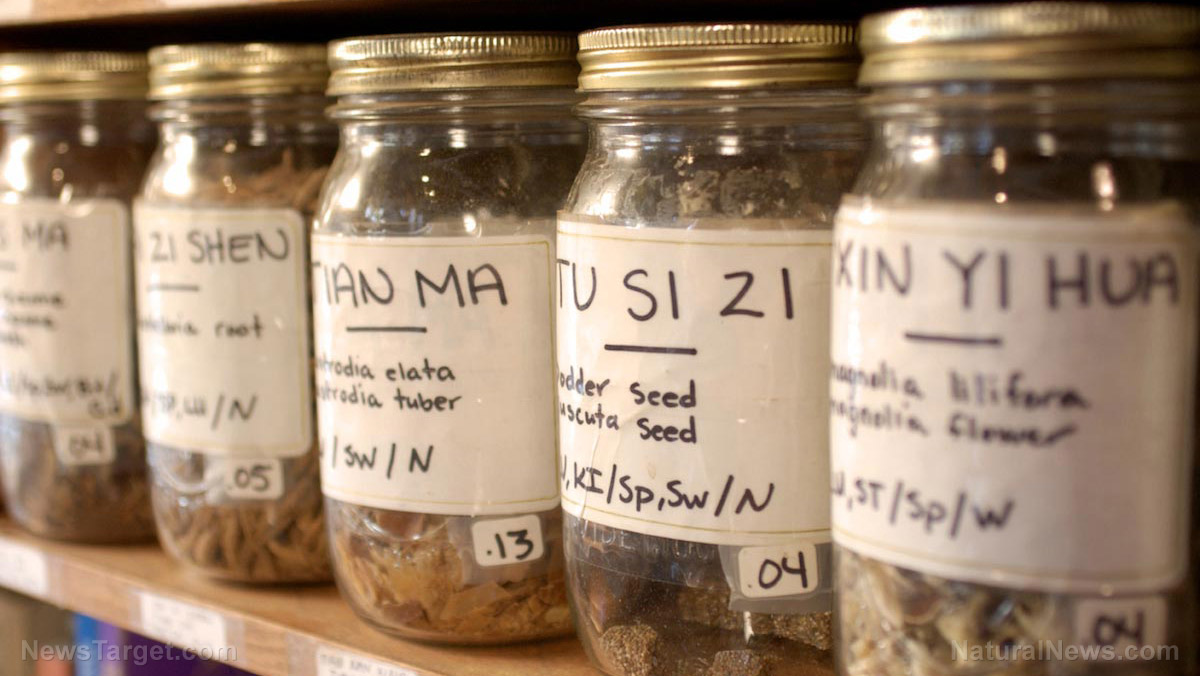Antibiotic use in childhood causes a significant reduction in the quality of the gut microbiome
01/31/2019 / By Zoey Sky

Think twice before you give your child antibiotics. According to study findings, prescribing antibiotics to children can also negatively affect their gut health and microbiome.
The study, which was published in the journal Science Translational Medicine, involved researchers from Aalto University, the Broad Institute of MIT, Harvard University, Helsinki University Hospital, and the University of Helsinki.
For the DIABIMMUNE project, researchers tracked 39 Finnish babies from birth until they all turned three years old. During this period, the researchers administered half of the 39 infants at least nine to 15 antibiotic treatments. The remaining infants weren’t given any antibiotics.
Antibiotic use and instability in the gut microbiome
The scientists collected stool samples from the 39 children monthly within the first three years of their life. After analysis, the monthly samples showed that the infants who received antibiotics had “far less diverse and stable intestinal microbiota,” unlike the children who didn’t receive antibiotics.
The latter had “a much more diverse gut microbiome and better overall health.”
This highlights the fact that a lack of diversity in gut microbial populations can make infants and children more susceptible to health conditions such as asthma, diabetes, inflammatory bowel disease, and obesity. (Related: Overuse of antibiotics is making kids fat, destroying gut flora and hindering child development, study suggests.)
Experts believe that rampant antibiotic overprescription is linked to the gradual disappearance of crucial intestinal bacteria from the human gut microbiome.
100% organic essential oil sets now available for your home and personal care, including Rosemary, Oregano, Eucalyptus, Tea Tree, Clary Sage and more, all 100% organic and laboratory tested for safety. A multitude of uses, from stress reduction to topical first aid. See the complete listing here, and help support this news site.
While it’s true that antibiotic treatments can save lives, in most cases they are misused, no thanks to Big Pharma’s greed for profits. Another concern is the proliferation of so-called doctors who prescribe antibiotics for viral infections, even though these drugs are ineffective against them.
The study findings revealed that the infants who received antibiotics within the first three years of life lacked microbial diversity and gut health as they grew older.
The continuous misuse of antibiotics is also linked to the development of antibiotic-resistant bacteria strains. If this happens to a person with a compromised gut microbiome, drug-resistant bacteria may take hold and multiply.
Why is the gut health of children important?
A child’s first three years of life are crucial because this is the time to establish a healthy gut microbiome. Meanwhile, the baseline adulthood composition stabilizes it.
The quality of a child’s intestinal microbiota will significantly affect their immune system and overall health. Ensuring that their gut microbiome is diverse can improve a child’s nutrient absorption and metabolism. A healthy gut can also offer natural protection against different kinds of infections.
Unless they can be avoided, parents and guardians should only consider using antibiotics when it is “more focused and targeted against the infection that is being treated.”
If a child develops bacterial infections, try to use the following natural alternative treatments instead:
- Clove – Clove is traditionally used in dental procedures. Current research suggests clove water extract can help fight different kinds of bacteria, like Escherichia coli (E. coli).
- Garlic – Garlic has potent preventive and curative powers. Studies show that garlic can help treat certain forms of bacteria, like E. coli and Salmonella.
- Ginger – Research has confirmed that ginger is a natural antibiotic. In 2017, a study has determined that ginger can fight different strains of bacteria.
- Honey – Honey has traditionally been used as an ointment to help wounds heal and prevent or draw out infection. In modern medicine, healthcare professionals use honey to treat bedsores, burns, chronic wounds, skin grafts, and ulcers. Honey’s antibacterial effects are often attributed to its hydrogen peroxide content.
Other natural alternatives include coconut oil, cranberry, colloidal silver, and vitamin C.
Administering natural cures to children can help support their gut microbiome health and early development while ensuring that they maintain a healthy intestinal microbiota even as they grow older.
Visit NaturalAntibiotics.news to read more articles about safer alternatives to antibiotics.
Sources include:
Tagged Under: antibiotic misuse, antibiotic overuse, antibiotic resistance, antibiotic use, Antibiotics, children's health, drug misuse, gut health, gut microbiome, infant health, intestinal bacteria, intestinal microbiota



















